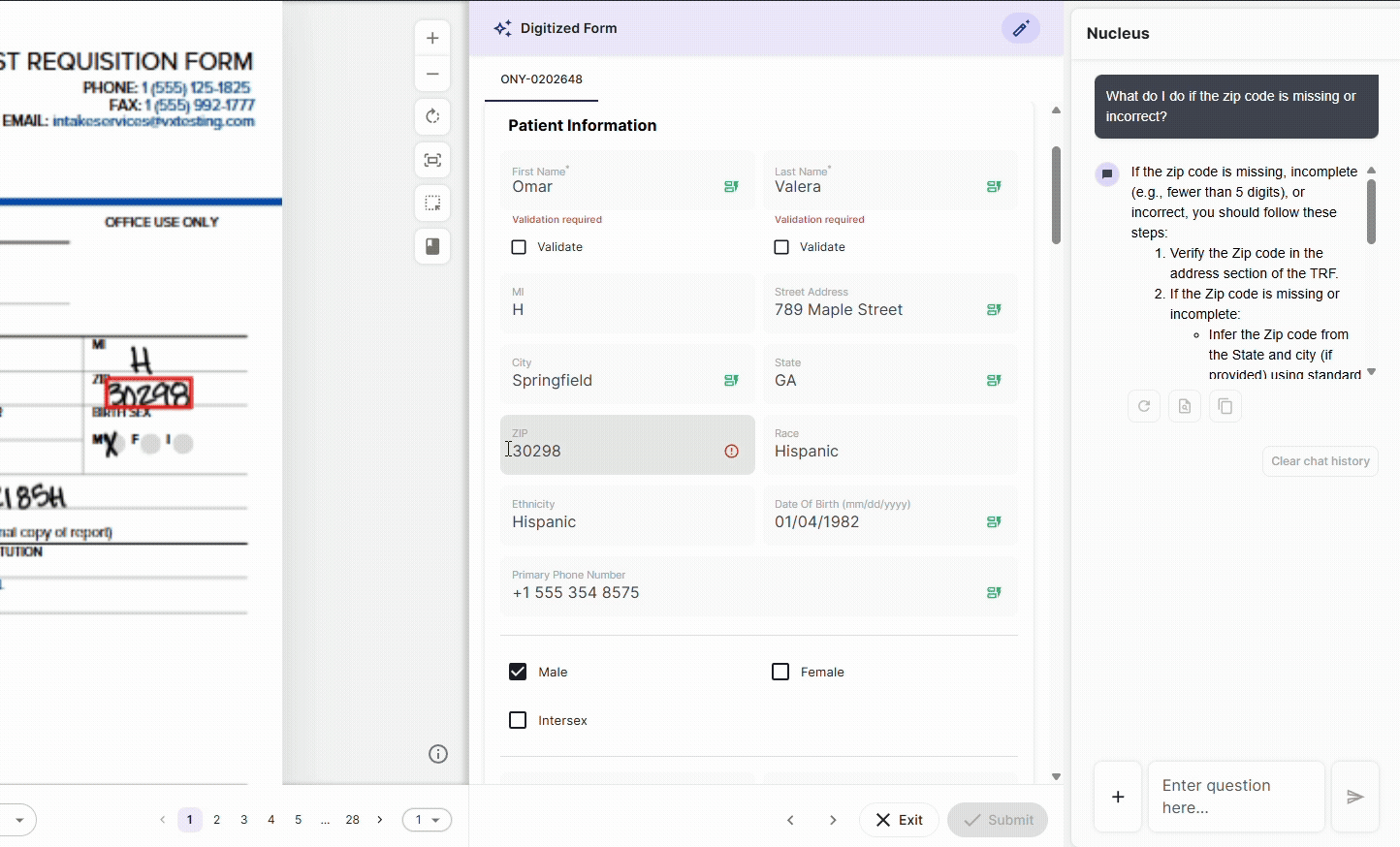What Elsa Does for the FDA, Nucleus Can Do for You

In June, after a lengthy pilot, the FDA finally rolled out its first agency-wide AI tool, Elsa.
FDA Chief AI Officer Jeremy Walsh said, in part, “Today marks the dawn of the AI era at the FDA with the release of Elsa, AI is no longer a distant promise but a dynamic force enhancing and optimizing the performance and potential of every employee.”
Sounds impressive! So… what does Elsa do, exactly?
“Elsa, a generative Artificial Intelligence (AI) tool designed to help employees — from scientific reviewers to investigators — work more efficiently.”
According to the FDA, Elsa “accelerates clinical protocol reviews, shortens the time needed for scientific evaluations, and identifies high-priority inspection targets.”
Under the hood, Elsa is not dissimilar from large language models like ChatGPT. What makes it different is that it’s domain-specific. Why does that matter? Well, LLMs like ChatGPT are trained on the entire Internet, which makes them prone to hallucinations (that is, making stuff up). Essentially, the vastness of their knowledge base introduces “noise” (like questionable opinions and deliberate lies) into their systems.
But since Elsa is only trained on the FDA’s SOPs and official agency documentation, it doesn’t have that problem. It only “knows” what the FDA tells it. The FDA has gone so far as to say Elsa cannot hallucinate.
Walsh says, “There are certain parts of the system, the way it’s designed, so that when you’re working on documents, it forces citations. It can’t hallucinate, it’s not allowed to come up with figments of its imagination.”
A bold statement. Uh, maybe too bold. But it demonstrates how confident the FDA is and how effective domain specificity can be when Walsh is willing to claim “no hallucinations” out loud.
Onymos Nucleus
In fact, Elsa is a lot like Onymos Nucleus, part of our DocKnow platform. Nucleus acts as a centralized repository for SOPs, sensitive documents, and other digital materials. These are the things that make up every company’s proprietary knowledge base, which public LLMs can never have access to.
Onymos Nucleus customers often utilize it as part of their document processing workflows when they need answers fast.

But it’s not just for document processing. Nucleus functions like a domain-specific LLM that cites its sources, just like Elsa does for the FDA. Except that our customers didn’t have to spend years of research, building, and testing.
And you don’t have to either.
If you think an intelligent, interactive knowledge repository that your employees can instantly access to help them answer questions, summarize documents, or review data could transform your organization — you’re right! Reach out to our team if you’re ready to put your institutional knowledge to work.